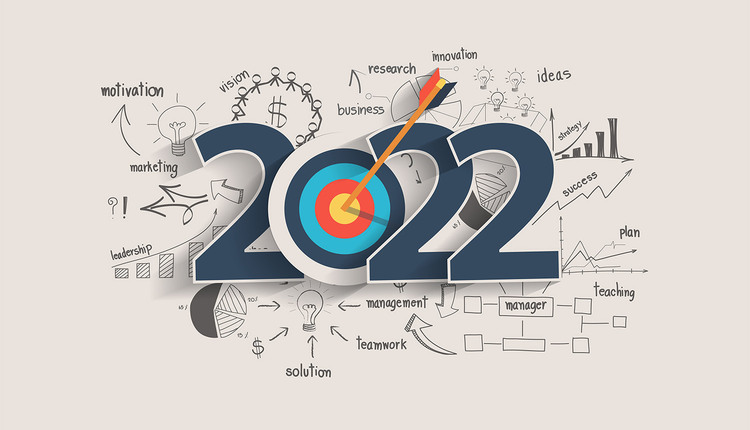“Our epidemic of loneliness and isolation has been an underappreciated public health crisis that has harmed individual and societal health. Our relationships are a source of healing and well-being hiding in plain sight – one that can help us live healthier, more fulfilled, and more productive lives.”- U.S. Surgeon General Dr. Vivek Murthy.
Do you feel lonely, isolated? If you’re like most people, the answer is probably, “Yes.” And it’s time we talk about the epidemic of loneliness and the need for change.
In May of 2023, the Surgeon General’s office released an advisory on the Healing Effects of Social Connection and Community. The report calls out the harm caused by the epidemic – to society and individuals. Our physical and mental health are directly impacted by the lack of social connections.
The Advisory lays out the framework for a national strategy based on six foundational pillars:
·Strengthen Social Infrastructure
·Enact Pro-Connection Public Policies
·Mobilize the Health Sector
·Reform Digital Environments
·Deepen Our Knowledge
·Cultivate a Culture of Connection
The last pillar – cultivating a culture of connection – is one that relies on the actions of individuals and leaders.
To grow our connections, we need to network and meet people. This can be difficult for anyone who may be shy or introverted. But it’s a necessary first step. As Harvey Mackay reminds us, “For most people, networking is learned behavior, like learning to swim. It is a gradual – and often painful, even scary – process of trial and error, small incremental steps, and finally a few breakthroughs.”
When meeting someone, look for the ways you’re similar, not different. For example, everyone reading Mailing Systems Technology has something in common — we all work in mail!
In a conversation, notice what the person says that relates directly or indirectly to you. To be remembered, be interested, not interesting. Don’t try and impress people with stories of your own achievements. Let them have the spotlight, and show an interest in what they’re talking about.
If you’re going to an event, don’t go alone. Attach yourself to someone that is already a good networker. Hang with them as they work the room. They’ll help you meet new people.
Don’t be afraid to practice. Remember, this is a skill. Before going to an event, remind yourself that you’re going to network. Prepare to go up to people and introduce yourself. This doesn’t make you any less genuine. It makes you prepared.
We need to understand that making – and building – connections goes beyond networking. Too often, we may only look at networking as another method of increasing sales or finding a new job. We may see connections on LinkedIn and Facebook as a way to further a personal agenda. Networking may be seen by some as a means to an end, with success measured by how much you get from your network.
This approach is only half-correct. Yes, you need to network to be successful in business. Your network will connect you to the people and companies that will hire you, or buy your product or service. There may be people looking for someone with your talents and abilities, and they’ll only be able to find you if you network – in person and online.
With that in mind, we need to better understand the difference between social media “friends” and real connections. Email, messaging, and social media have helped connect us to families and friends. With just a few clicks, we can share news or photos with our network. We can keep up to date with the events in other people’s lives. When needed, we can express support – publicly or privately – for someone facing a difficult time.
But mobile apps and computer screens will never replace the joy of being with those we love. A photograph can’t capture the smile in a person’s eyes as they tell a story. Reading “LOL” is nothing compared to hearing the hearty laugh in the middle of a conversation. And emoticons will never carry the power of a hug.
Speaking of hugs, physical touching is essential to our psychological health. From babies in maternity wards, to senior citizens in nursing homes, to people in everyday situations, tactile interactions have a positive impact. While it’s important that any touching is consensual and appropriate, we have a hunger for human touch. And that isn’t possible over the internet.
Keeping yourself connected is a personal and professional responsibility. Loneliness directly impacts our companies and organizations. Studies have shown that employee isolation significantly reduces productivity. Without connections, teams tend to seem detached, fragmented, or possess a lack of purpose.
Leaders are responsible for 70% of engagement of the team. Leaders have to actively build the connections among the team. This goes beyond annual “team building exercises” held outside of the workplace. The leader must reinforce the importance of the team through a consistent flow of actions and information.
Powerful connections don’t happen by accident. Leaders can take purposeful actions to strengthen their teams. The first step is coming together every day by holding a “daily huddle.” By setting aside a few minutes each day, managers and supervisors can ensure that every employee receives the right information, and that the team is prepared for success.
In a hybrid workplace, keeping your employees connected from a distance will probably be your greatest challenge. You need to be proactive in this area to counter the perception of “out of sight - out of mind.” When an employee anywhere in your organization does something commendable, call them immediately and thank them. Don’t substitute an email for a phone call, and don’t just leave a voicemail. Take a minute to have a conversation with this person and reinforce how important their actions were.
Any team accomplishments should be recognized with in-person events. Recognize the team as a group for their hard work. Reinforce the importance of working together to achieve success. Celebrate with food whenever possible. Breaking bread together breaks down barriers.
We are in an epidemic of loneliness. It affects us as individuals and as leaders. Isolation is defeated by building meaningful connections. We just need to take the first step to cultivate a culture of connection – and reach out to one another.
Mark Fallon is President of The Berkshire Company. Learn more at www.berkshire-company.com.
Neal Fedderman is the Senior Manager, Parcel and Mail Operation at CarMax.
Link to Surgeon General Report
This article originally appeared in the May/June, 2024 issue of Mailing Systems Technology.






![GettyImages-1272922073-[Converted]](https://cms-static.wehaacdn.com/mailingsystemstechnology-com/images/GettyImages-1272922073--Converted-.1705.widea.0.jpg)


